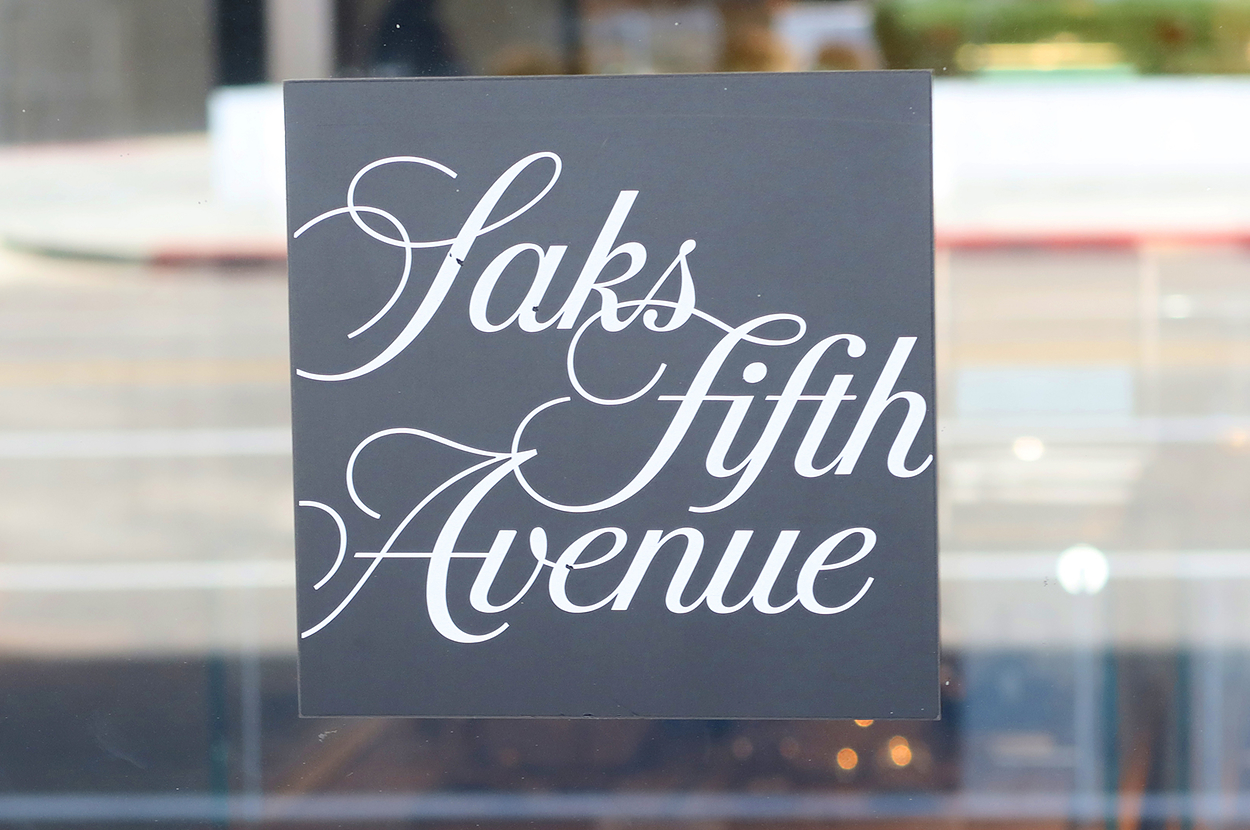“In retrospect, I wouldn’t do that again.” While his organization was “very respectful” of his time off, he found that it was difficult to truly shut off during the months where he was out of office two or three days a week. “When I took the first month off, everyone left me alone. I wasn’t thinking about work.” But when he came back and took a few days a week off, “It opened the window—for myself too—for less rigid boundaries.”
That often ended up frustrating his wife, who was trying to get caught back up on her own work. “It was way unfair to her,” he says. “I wish I’d just taken it all as an extended break again.”
“I just didn’t know what the hell I was doing.”
Alex, 35, who lives in Oakland, has a four-year-old and a one-year-old.
Alex took a couple of weeks of unpaid time off when each child was born, which he could afford to do, and then took two months after his wife went back to work.
He says solo parenting was overwhelming but in a productive way: “With the first kid, the first year? I just didn’t know what the hell I was doing.” But he settled in, eventually: “I don’t know if I got more confident, but I definitely feel like we got closer.” He appreciated “just getting to spend a ton of uninterrupted time together where my only focus was the kid.”
Although he suspects the bond would have formed anyway, he thinks it came faster one-on-one. “This is the only chance that you’re going to get to spend uninterrupted time with your kid, where all you have to do is focus on them. And you don’t you don’t get that chance again.”
“A couple people were surprised that I was taking ‘that long.’”
Sam, 41, in Campbell, California, has a five-year-old.
Sam took six weeks of paternity leave. He wasn’t able to use sick leave, but he used vacation for another two weeks. “My wife had some complications, a difficult labor, so I took a week off immediately.”
He works for a university, where he says “most people were very supportive of it. But a couple people were surprised that I was taking ‘that long.’ A full two months.” Some people had questions: “What are you going to do? How are you going to feed him? How are you going to take care of him? Without the mom around, what are you going to do? Do you know what to do?”
Answers to those questions came naturally. His wife had some nerve damage from C-section and epidural complications, and she needed a walker for the first few weeks after giving birth. “I very much had to be involved because she couldn’t walk around the house and carry him.”
He says taking leave, and being involved more generally, helped his relationship with his wife. “She felt very confident and comfortable with me having him so she could do things on her own. She could see friends, she could have a social life, have adult interactions without having to worry about what was happening with me and him.”
“The company I’m with now just rolled out a new paternity leave, and it’s so good that we’re like, ‘Oh, we could do this again!’”
Steve, 34, in Salisbury, Maryland, has a nine-year-old, a five-year-old, and a two-year-old.
For his first child, Steve was able to take only two weeks using his vacation time—he didn’t get any leave at all. With his middle child, he was able to take all of a week off. With his youngest, he was working fully remotely, and was offered only unpaid leave, which didn’t feel like a good idea to him or his wife. “I’ve been able to have the baby with me in my office when my wife is sleeping,” he says, “but it would be nicer if I didn’t have to feel like I was multitasking between that and work.”
He says he found not being able to take time off frustrating: “It’s hard to watch my wife carry a child for nine months and then watch her push them out. She does so much work just giving birth. And she had fourth-degree tearing with our first, and I had to just go back to work.”
His current employer, whom he started with after his third child was born, has a particularly generous policy. “We intended to have one kid—two and three were accidents. Because of how everything went with paternity leave, we thought we wouldn’t have a fourth, and we still might not. But the company I’m with now just rolled out a new paternity leave, and it’s so good that we’re like, ‘Oh, we could do this again!’”
Read the full article here








